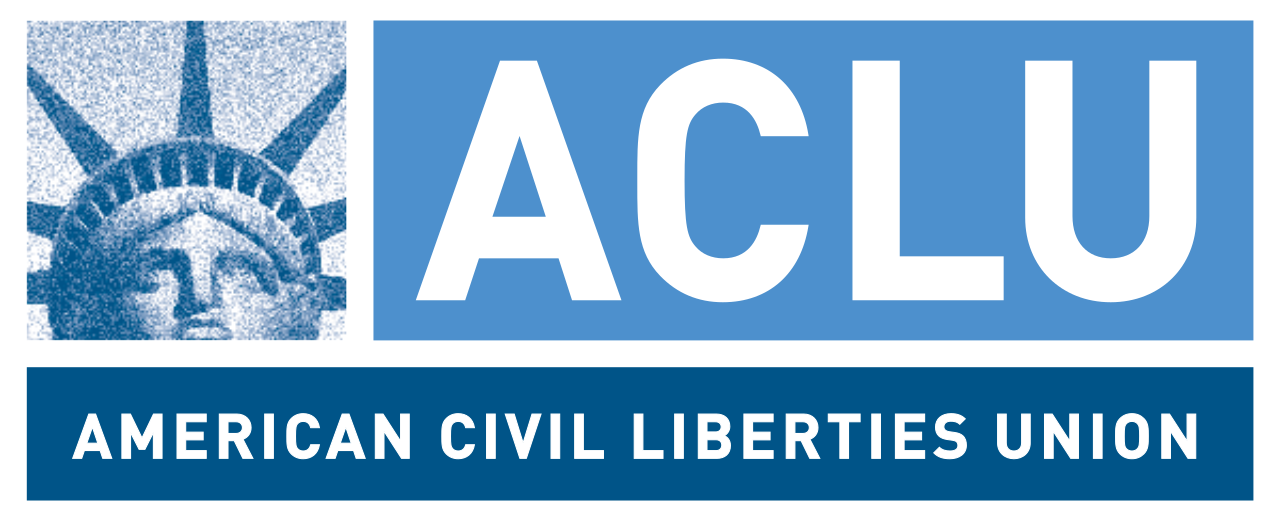Blaming Banks for the Problems they Caused
Has it occurred to you that all or most of your problems were caused by the very bank that is now suing you or that the debt collector purchased the debt from and is now suing you for? Some people argue that you could use that as a defense against their claims against you.
It will not.
Blaming the banks is a kind of “unclean hands” argument, and as far as I’m concerned, it is absolutely justified in a moral sense. The courts won’t see it that way, though.
Proximate Cause
The problem with arguing that “the banks” caused your problems is “proximate cause.” Proximate cause means the “specific problem” must be linked to specific actions by a specific entity. Viewed in that light, how can you argue that, say, Capital One, by extending credit cards and maintaining their policies, has really “caused” anything to happen in society? Many people may believe that the banks, collectively, caused big problems that resulted in raising taxes and sucking resources away from regular people, but how can you assign a specific role in that to Capital One?
Likewise, how do you prove that Capital One caused you problems that you could not have, and should not have, overcome? If we were truly in a capitalistic society the argument simply could not be made: the fact that you did not overcome the problem would be proof that you should not have done so. But we live in an age of bailouts and government interference, of course.
Tell that to the judge, a life-time public employee wielding far-reaching government power every day of his or her professional life.
And then the final zinger: how do you prove what specific action by your specific bank caused some specific injury to you?
Cigarette Litigation
This whole complex of proximate cause issues prevented anyone from winning cigarette litigation for decades. What finally allowed people to get through and win some of the cases was very strong evidence of conspiracy to hide specific facts that the companies knew and had a duty to disclose. There may be evidence of banking conspiracy – there is in some cases – but unlike a cigarette plaintiff who died of lung cancer, you will be hard pressed to show how your injury came from the banks’ action unless there are more specific grounds for applying the doctrine of unclean hands.
Cutting Edge Arguments and a Warning
As I say, I have my sympathies for the position that banks should not be permitted to profit from disasters they themselves caused. And many arguments that end up winning started out as sounding a little far-fetched. So you could consider it. On the other hand, the courts sometimes punish what they consider to be “frivolous” arguments and disputes. Arguments talking about banks and banking, like arguments claiming that our monetary system is completely corrupt live on the edge of “frivolousness” from the point of view of the courts. It would be possible that they could make you pay for taking that position.


